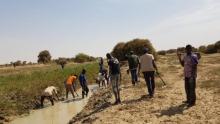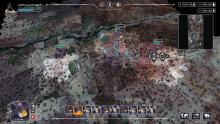The Planetary Security Initiative proudly presents another highly relevant policy brief. Co-authored by Shiloh Fetzek and Lieutenant Commander Oliver-Leighton (Ret.) this brief concerns the Caribbean, a region highly exposed to a wide range of climate change impacts including more frequent or intense tropical storms, changing precipitation patterns (more intense rainfalls and drought), sea level rise and ocean acidifcation.








